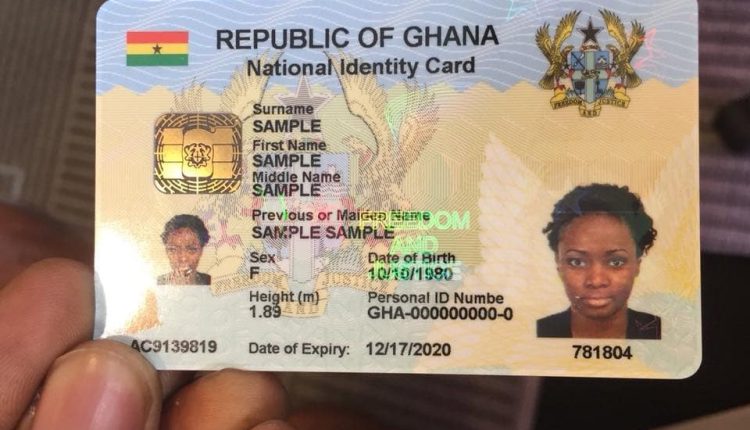NIA to begin Ghana Card registration for minors from October 7
The National Identification Authority (NIA) has announced that it will commence the Ghana Card registration for minors aged between 6 and 14 years on October 7, 2024.
This new phase of the registration process comes after the successful enrollment of 18 million Ghanaians aged 15 and above.
According to the NIA, the decision to extend the Ghana Card registration to younger age groups marks a significant step in ensuring that all citizens are included in the national identification system.
The first phase of the registration will take place in selected schools across various districts, a strategic move to provide easy access to eligible children.
By targeting schools, the NIA aims to simplify the process and ease the burden on parents and guardians to register their children.
Deputy Director of Operations at the NIA, Alfred Gazari, highlighted the importance of this registration, stressing that integrating children into the national database is crucial to achieving a comprehensive identification system for all Ghanaians.
“It’s important that we do such registration for children between 6 to 14 years. It’s part of the plan to register every Ghanaian in the country.
“We have done over 15 years, we have started with zero to 5 years and this is the last phase of the registration for all Ghanaians as well as those outside the country.
“Everybody needs the card, without it, you can’t do anything meaningful. It’s important we rope the 6 and 14 years in,” he said on Citi News.
The NIA was established by the National Identification Authority Act, 2006 (Act 707).
Its mandate is to create, maintain, provide and promote the use of national identity cards to advance economic, political and social activities in Ghana.
To execute its mandate, NIA collects personal data of Ghanaians living in Ghana and abroad and all permanently resident foreign nationals and issues them with Ghana cards.
As part of its mandate, the NIA also ensures the accuracy, integrity, confidentiality and security of personal data it collects and makes personal data in its custody available to persons or institutions authorised by law to access the data.



